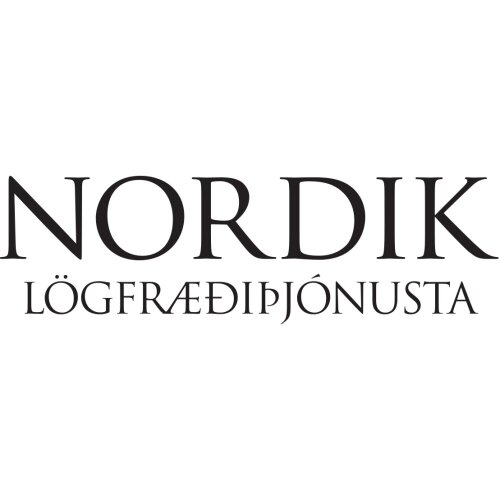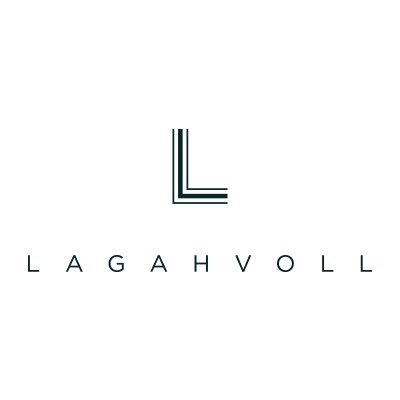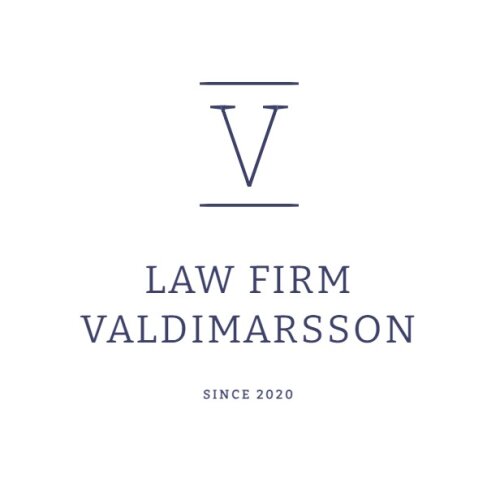Best Lawsuits & Disputes Lawyers in Reykjavik
Share your needs with us, get contacted by law firms.
Free. Takes 2 min.
List of the best lawyers in Reykjavik, Iceland
About Lawsuits & Disputes Law in Reykjavik, Iceland
The legal system in Reykjavik, Iceland, upholds a comprehensive framework for addressing lawsuits and disputes. It encompasses regulations from civil to commercial litigations, as well as alternative dispute resolutions like mediation and arbitration. Given the nuanced and specialized nature of these laws, understanding Iceland's legal landscape is essential for resolving conflicts effectively and justly.
Why You May Need a Lawyer
Individuals or businesses may require legal assistance in a variety of situations, including but not limited to:
- Contract disputes: Issues arise from breaches or misunderstandings in business or personal contracts.
- Property disputes: Conflicts over real estate boundaries, ownership, and rental agreements.
- Personal injury claims: Seeking compensation for injuries sustained in accidents, whether at work or elsewhere.
- Family law disputes: Matters such as divorce, child custody, and inheritance cases.
- Business disputes: Conflicts between partners, shareholders, or competition-related issues.
- Employment disputes: Issues between employers and employees regarding unfair dismissal, discrimination, and workplace rights.
Local Laws Overview
Reykjavik, Iceland, has a robust legal system that includes several key aspects relevant to lawsuits and disputes:
- Civil Procedure Code: This governs the process for civil suits, including filing, pre-trial procedures, trial, and appeals.
- Contract Law: Icelandic Contract Law provides guidelines on the formulation, enforcement, and breach of contracts.
- Property Law: Regulations concerning land, property rights, leases, and real estate transactions.
- Family Law: Laws that address matters of marriage, divorce, child custody, and inheritance.
- Commercial Law: Governs business-related disputes, including company law and trade regulations.
- Alternative Dispute Resolution: Norway encourages mediation and arbitration to resolve disputes without resorting to lengthy court processes.
Frequently Asked Questions
1. What should I do if I receive a summons?
Contact a lawyer immediately to understand the nature of the summons and to prepare a defense or response accordingly.
2. How long do I have to file a lawsuit?
The time limit, or statute of limitations, varies depending on the type of case. It's essential to consult a lawyer to ensure you're within the legal timeframe.
3. Can I represent myself in court?
Yes, you can represent yourself, but it is recommended to hire a professional to navigate the complexities of legal proceedings.
4. What is mediation?
Mediation is an alternative dispute resolution method where a neutral third-party helps disputing parties reach a mutual agreement without going to court.
5. How are legal fees structured in Iceland?
Legal fees can vary but often include hourly rates or flat fees for specific services. Discussing fee structures in advance with your lawyer is advisable.
6. What is the role of the District Court in Reykjavik?
The District Court handles civil and criminal cases as well as administrative appeals and is the first level of judiciary authority in Reykjavik.
7. Can I appeal a decision I disagree with?
Yes, decisions made by lower courts can typically be appealed to higher courts, but there is often a strict timeframe in which to lodge an appeal.
8. What types of evidence are accepted in court?
Evidence can include documents, witness testimonies, expert opinions, and other materials that support your case.
9. How long does it typically take to resolve a lawsuit?
The duration can vary significantly depending on the complexity of the case and the court's schedule, ranging from several months to years.
10. What can I do if I can't afford a lawyer?
Legal aid services may be available for those who qualify, offering free or reduced-cost legal assistance.
Additional Resources
For additional support and information, consider reaching out to these resources:
- Ministry of Justice: Provides information on legal procedures, regulations, and legal aid services.
- Icelandic Bar Association: Can help you find a licensed lawyer suited to your specific legal needs.
- Mediation and Arbitration Center: Offers resources and services for alternative dispute resolution.
- District Court of Reykjavik: Information about court procedures and schedules.
- Legal Aid Center: Provides help for those who cannot afford private legal services.
Next Steps
If you need legal assistance in lawsuits and disputes, consider taking these steps:
- Identify the nature of your legal issue and gather any related documentation.
- Contact a qualified lawyer specializing in the area of law relevant to your dispute.
- Consider initial consultations to understand your legal position and likely outcomes.
- Explore alternative dispute resolutions like mediation or arbitration if suitable.
- Prepare for court proceedings if a resolution cannot be reached out of court.
Taking proactive steps can help you navigate the legal system more effectively and achieve a fair resolution to your dispute.
Lawzana helps you find the best lawyers and law firms in Reykjavik through a curated and pre-screened list of qualified legal professionals. Our platform offers rankings and detailed profiles of attorneys and law firms, allowing you to compare based on practice areas, including Lawsuits & Disputes, experience, and client feedback.
Each profile includes a description of the firm's areas of practice, client reviews, team members and partners, year of establishment, spoken languages, office locations, contact information, social media presence, and any published articles or resources. Most firms on our platform speak English and are experienced in both local and international legal matters.
Get a quote from top-rated law firms in Reykjavik, Iceland — quickly, securely, and without unnecessary hassle.
Disclaimer:
The information provided on this page is for general informational purposes only and does not constitute legal advice. While we strive to ensure the accuracy and relevance of the content, legal information may change over time, and interpretations of the law can vary. You should always consult with a qualified legal professional for advice specific to your situation.
We disclaim all liability for actions taken or not taken based on the content of this page. If you believe any information is incorrect or outdated, please contact us, and we will review and update it where appropriate.
Browse lawsuits & disputes law firms by service in Reykjavik, Iceland
Reykjavik, Iceland Attorneys in related practice areas.












